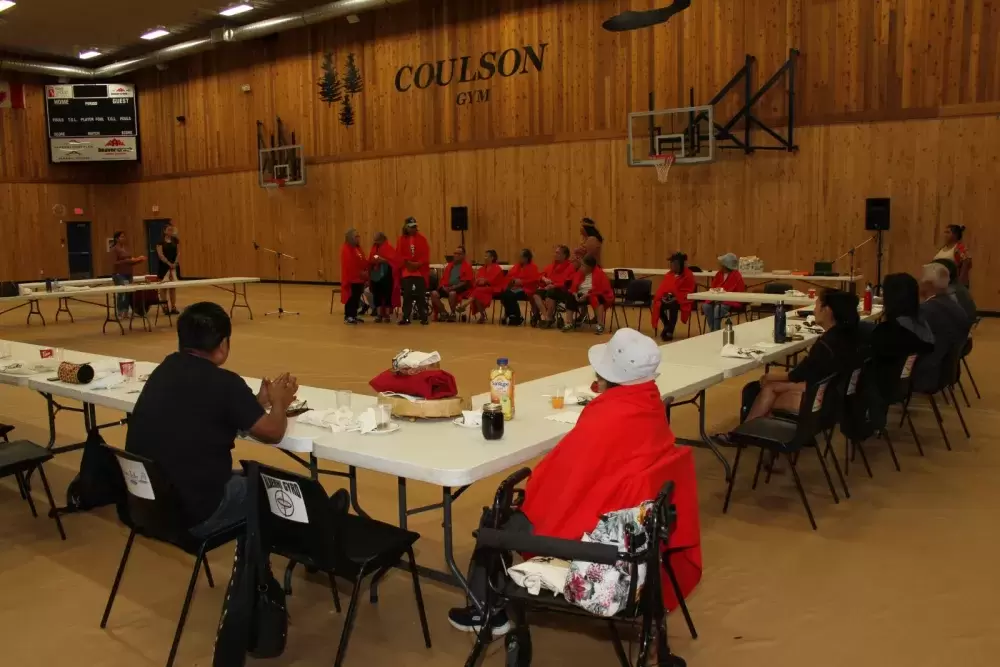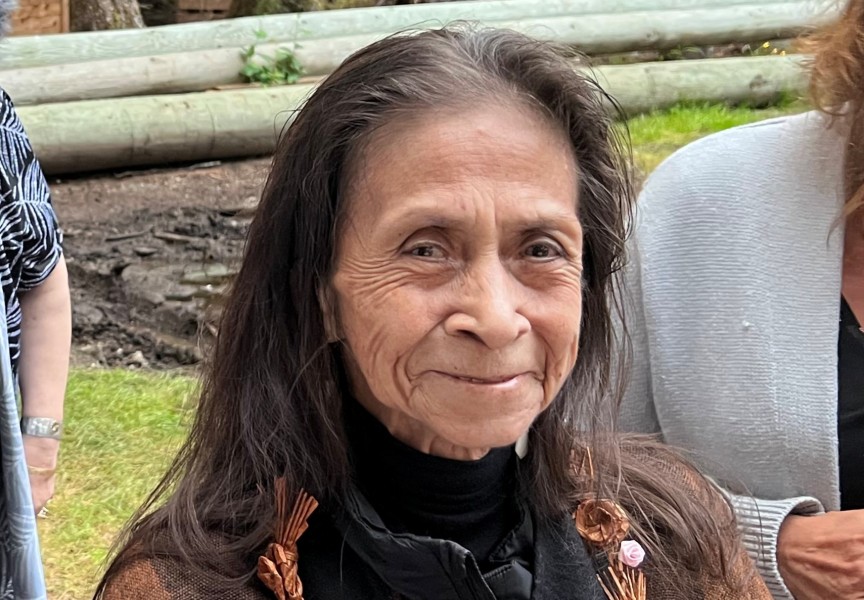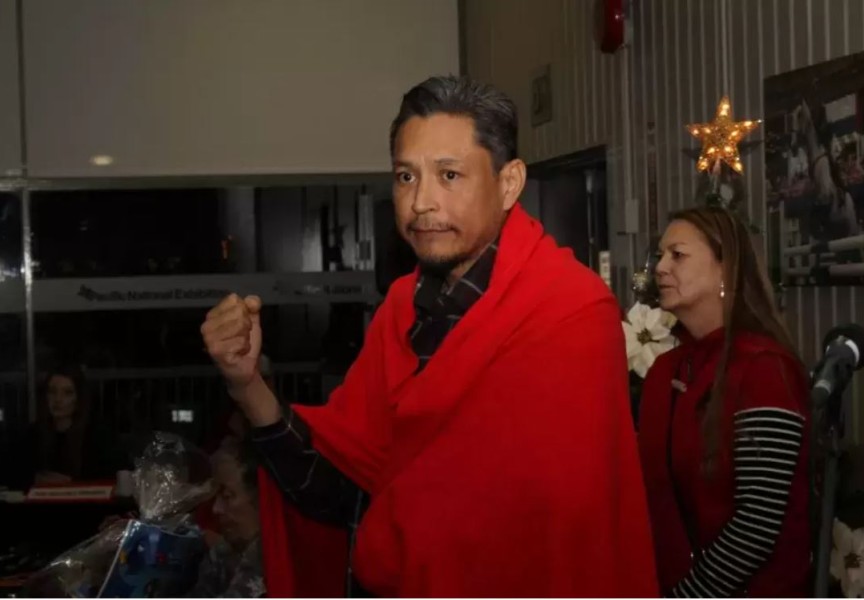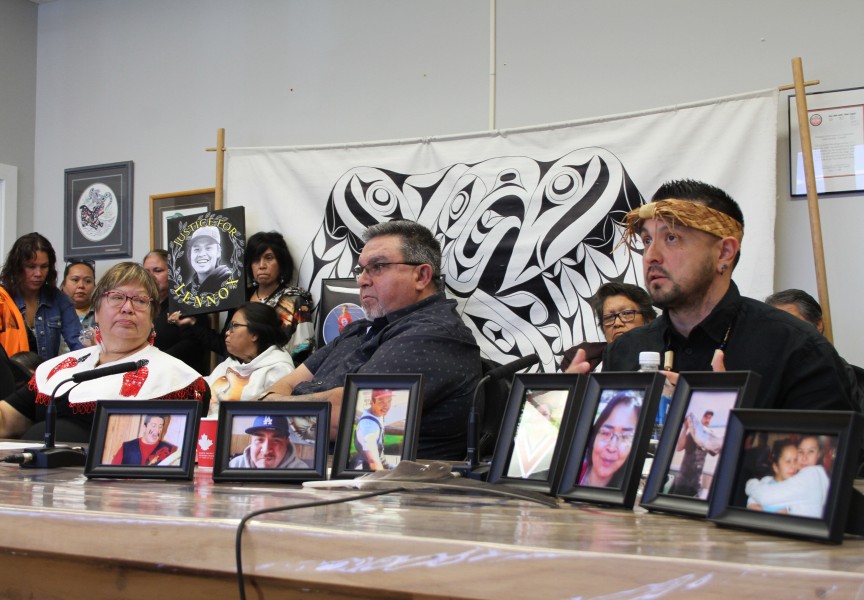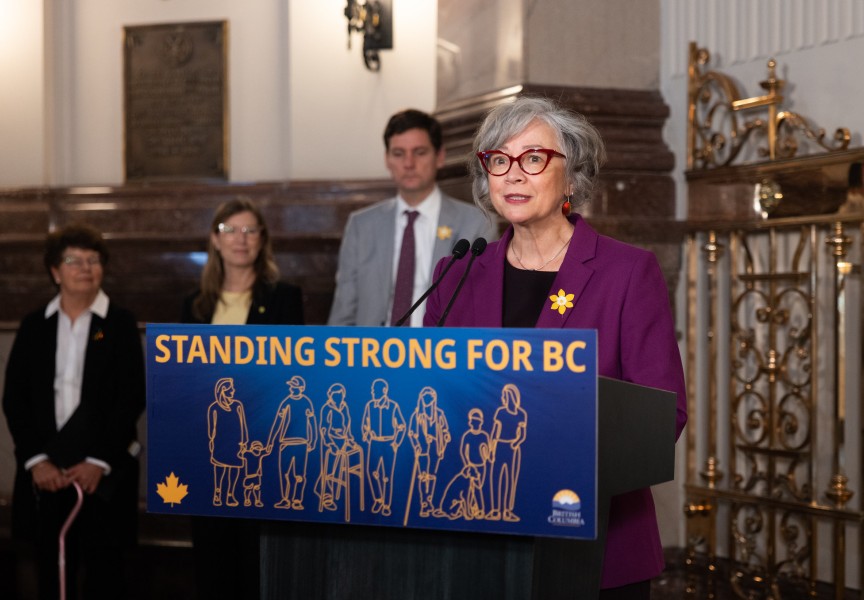A longitudinal project delving into the factors that determine a person’s lifelong health has received a large grant to study the early years of Nuu-chah-nulth participants.
In December the Indigenous Healthy Life Trajectories Initiative was awarded $16 million from the Canadian Institutes of Health Research. With the goal of determining how to model well-being, the project involves volunteers from 14 Nuu-chah-nulth nations, plus Cree and Dene nations from the Regional Municipality of Wood Buffalo in Alberta, as well as the Cree Nations of Maskwacîs in the Prairie province. This participation totals 23 First Nations in all, exploring the concept that “health and well-being are the result of long-term access to physical, spiritual, emotional, nutritional and social resources,” according to a project update released last fall.
Topics of interest include cardiovascular disease, diabetes, obesity and mental health, which are identified by the communities involved.
“The research will not only examine the efficacy of existing programs in reducing risk, but also determine the impact of biological and social mechanisms as they affect children and their families,” stated an announcement from the Nuu-chah-nulth Tribal Council on the recent grant award.
Besides the NTC, the long-term study involves researchers from the University of Alberta and Simon Fraser University’s Faculty of Health Sciences.
The project aims to look beyond the negative indicators that have dominated previous studies into the health of Indigenous Peoples. Among these are a 2018 report from the First Nations Health Authority and B.C.’s provincial health officer, which showed a life expectancy of 75 among B.C.’s Aboriginal population - eight years lower than other residents - with triple the suicide rate among youth and double the province’s rate of infant mortality.
The project’s principal investigator is Lynnette Lucas, the NTC’s director of health.
“Elders and knowledge holders are guiding every step,” said Lucas, who is also an adjunct professor in SFU’s Faculty of Health Sciences. “Most stories about Indigenous people tend to focus on stereotypes and deficits. Our intent is to explore the root causes of health disparities giving emphasis to Indigenous ways of knowing.”
The long-term study has so far completed two preliminary two-year phases, with past funding from the CIHR. The next stage will involve the participation of women of child-bearing age, so that the first six years of a person’s life are studied, starting at conception.
The NTC expects to gather the participation of hundreds of mothers and children by the end of the six-year phase. Over the next six months a working group with determine which indicators the data collection will focus on.
“We’ve got members form each of our nursing, mental health and our child an youth services team, and then they’ll be working with some elders,” said Lucas, noting that the project currently has a large list of data points, but researchers will need to be sensitive of the needs of participants.”
“One of the options would be to take urine samples from, say, a pregnant mother across a week to test for stress hormones,” she added, citing an example of what data could be collected.
One objective of the project is to find new approaches to restore traditional family systems.
As a health researcher, Jeff Reading has been working on getting a project like this going for the last two decades. He is a professor in the Faculty of Health Sciences at SFU.
“It’s trying to break that cycle and reclaim ancient ways of knowing,” said Reading in an interview with Ha-shilth-Sa in September.
“We’re interested in finding out interventions that prevent diabetes and promote health. It starts out in pregnancy,” he added. “The interventions are intended to improve health, and then we can measure to find out how they improve health.”
“The hope is that we’ll be able to do is have interventions in place that assist us in creating a healthy lifestyle for a child, so that they’re not going to be developing long-term chronic illnesses,” said Lucas. “Is there a way for us to have supports in place for families, encouraging them to eat healthy? Making sure she’s surrounded with support, and then providing healthy eating opportunities. Exercise, diet, looking at different pieces like that.”
Geraldine Tom has served as a Nuu-chah-nulth advisor since the study began in 2017.
“My hope is that within five years - we have a five-year plan - that we’ll have a lot of the service providers understanding Nuu-chah-nulth ways and assist in helping us deal with a lot of those issues.”
“When you look at some current parenting strategies, they’re almost a reflection of some things that our communities have always said are important,” added Lucas. “They understood a long time ago that a baby could hear what was being said outside, they could feel that their mother was healing, and that was very important for a child’s wellness and development. Current attachment theories are reflective of a lot of things that our communities have said were important.”

